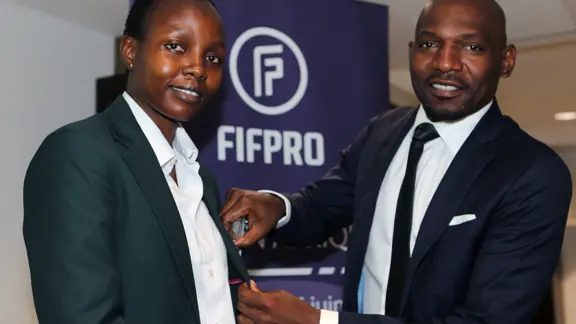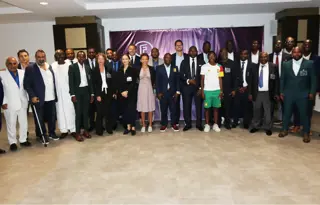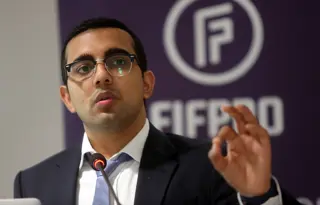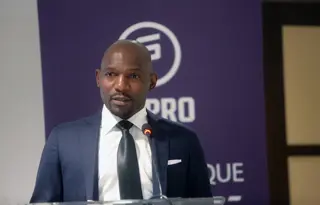News
FIFPRO Africa: Coming of Age

- 16th FIFPRO Africa Congress held in Douala, Cameroon
- Teresa Calleb, former Kenya captain, elected to board
- “Our board is now complete,” says FIFPRO Africa General Secretary Stéphane Burchkalter
The 16th FIFPRO Africa Congress was held in Douala, Cameroon. FIFPRO General Secretary Jonas Baer-Hoffmann attended the two-day event, which bore witness to the overall coming of age of a united division.
It is now seeking to develop by going for quality, rather than by admitting en masse countries knocking on the door without having first examined application files in its new member committee.
It is also showing maturity and continuity in responding to FIFPRO’s wish to modernise its organisation, open it up to the world and make diversity and inclusion the cornerstones of lasting change.
The election of the latest board member was a perfect example of this approach. The inclusion of a seventh member was validated, having initially been postponed at the Johannesburg Congress in 2021.
Teresa Calleb, former captain of the Kenyan national team, will be the second woman on the governing body of FIFPRO Africa, alongside Khadija Timera, elected in September last year.

“Our board is now complete, and the presence of Teresa, a former player, is the ideal person to complete our internal organisation,” said FIFPRO Africa General Secretary Stéphane Burchkalter.
“In Africa, like everywhere else in the world, the story of women’s football is being written more each day. We cannot doubt the ability of women to commit themselves and defend our profession.”
The second high point of the Africa Congress was the consolidation of its relationship with the Confederation of African Football (CAF) on the basis of the agreement signed in 2018.
“The change of governance within the African confederation has inevitably slowed down the process on which we embarked together at that time,” said Burchkalter.
“But we have now entered an active phase, and as evidence of this, in addition to the presence in Douala of Muhammad Sidat, Director of Professional Football at CAF, I would point to some significant advances.

“The criteria for obtaining the club licence have been strengthened, obliging clubs to honour contracts signed with players, who must also be duly paid. The appointment of five of our members to four CAF committees directly related to footballers’ careers reflects the willingness of CAF to work with us, and its confidence in us.
“By opening itself up to the players through their representatives, the continental authority is sending a strong message to us as players.”
The division has committed to giving its members the necessary tools, as Geremie Njitap explains: "To reinforce your ability to meet the expectations of your members, which are evolving as fast as society itself, we have decided, after careful consideration, to approach two non-governmental organisations: the International Labour Organization and the International Organization for Migration, with which an agreement was signed at the end of May 2022.

“They have grasped your needs and will help you to overcome the difficulties you encounter, on a daily basis, to carry out some of your missions, to respond to your needs in the context of the discussions you hold with the sporting and political authorities of your respective countries, and finally, to distinguish between your social and societal spheres of action.”
African footballers are on the move and FIFPRO Africa is making progress. It agreed to meet again, for its next Congress in 2023, at Gaborone, Botswana.
